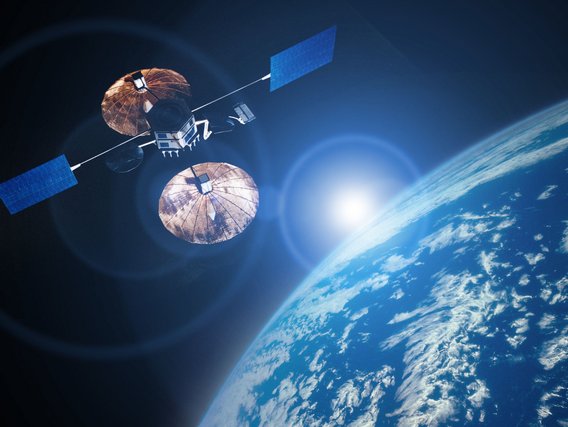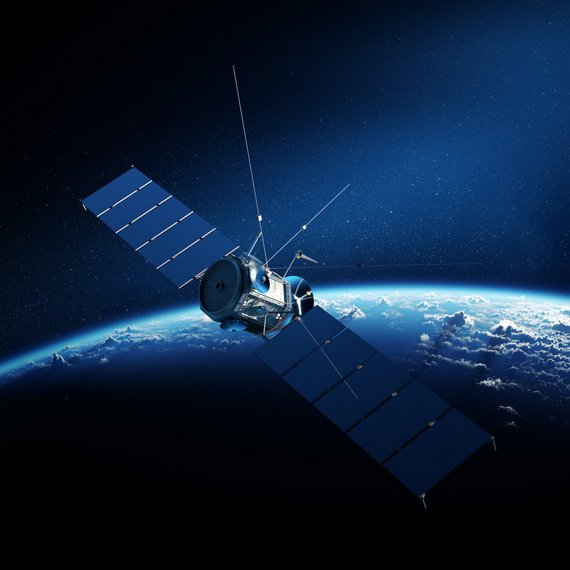With the entry into force of EU NIS-2 and EU RCE, the EU Commission obliges operators of critical infrastructures (KRITIS) to comply with minimum requirements for cyber security and resilience. New: The requirements and measures now also apply to ground stations and missions that will fall under the CRITIS Regulation in the future.
Network and Information Security Directive (NIS-2)
According to NIS-2 and BSI KritisV, Annex 7, Part 3, No. 1.7.2, ground stations of a satellite navigation system are considered critical infrastructure in Germany. The threshold value is defined by REGULATION (EU) No 1285/2013 on the implementation and operation of European satellite navigation systems. Although only the European GALILEO mission is currently affected by the regulation, this may change quickly.
Audit in accordance with Section 8a BSIG
As an operator of critical infrastructure ground stations (KRITIS), you must prove every two years that your IT security is state of the art in accordance with Section 8a of the BSI Act. According to the BSI Criticism Ordinance (BSI-KritisV), proof is provided by means of a corresponding audit in accordance with Section 8a BSIG.
Critical Entities Resilience Directive (EU CER)
The EU RCE Directive or CER Directive on the protection of critical entities was adopted at the end of 2022. At its core, it deals with the resilience and reliability of critical infrastructure, including space ground stations. National implementation in Germany will take place by October 2024 through the KRITIS Umbrella Act (KRITIS-DachG). It obliges operators of ground stations to draw up a resilience plan.
BCM in accordance with ISO 22301
Business continuity management systems (BCMS) are an important component of operational and organisational resilience management. TÜVIT experts evaluate and check the current status of BCM implementation in your company organisation and assess conformity with ISO 22301 standards.




